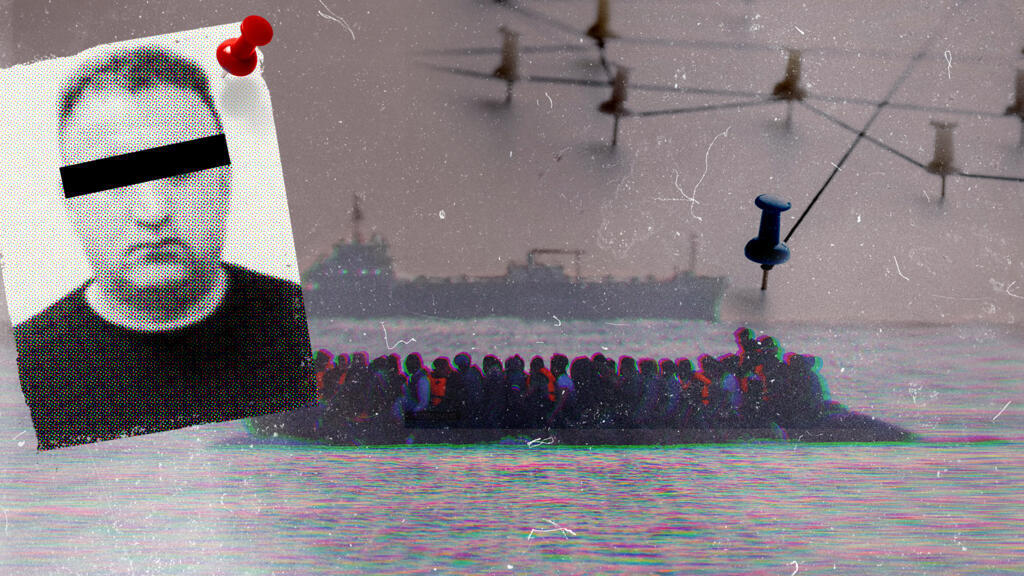Tragic Incident at Sea: Migrant Boat Sinking in the Channel
On August 12, 2023, a migrant boat carrying what was believed to be 68 individuals tragically sank in the English Channel between Britain and France. The poignant incident highlighted the perilous journeys that migrants undertake in search of better lives, as well as the dangers posed by smugglers who exploit their desperation. The boat, which was reportedly overloaded, succumbed to the harsh conditions of the Channel, leading to the unfortunate deaths of seven people.
As authorities began to investigate the sinking, attention quickly focused on two Iraqi smugglers who appeared to be deeply entrenched in this dangerous trade. These individuals reportedly operated within a criminal network that facilitated the illegal movement of migrants across borders, charging exorbitant fees for treacherous sea crossings. Their ruthless methods and readiness to engage in illicit activities to defend their interests underscored the challenges faced by law enforcement in combating human trafficking.
The incident marks a stark reminder of the hazards associated with clandestine migration attempts, particularly in perilous waters like the Channel. Witnesses described the scene as chaotic, with rescuers struggling to locate survivors amid the tidal waves and poor visibility. The tragedy further intensified discussions surrounding the broader issue of migration policies in Europe, igniting debates about safe and legal pathways for those fleeing conflict, persecution, or economic hardship.
Authorities have reiterated the importance of cracking down on human smuggling operations. The proposed strategies involve close cooperation between countries in the region to enhance border security, enact stricter penalties for those involved in smuggling, and provide more support for migrants, including asylum seekers. It is clear that a multi-faceted approach is required to address the complexities of migration and ensure the safety of vulnerable individuals.
The focus on the two Iraqi smugglers serves as an example of the lengths to which traffickers will go to safeguard their illegal operations. According to investigations, these individuals were not only responsible for orchestrating dangerous crossings but were also tied to larger networks that facilitated the movement of migrants across various countries. This raises alarm about the scale of smuggling operations in the region and the urgent need for collaborative international efforts to dismantle these networks.
In the aftermath of the tragedy, community organizations and humanitarian groups have called for a reevaluation of current immigration and asylum policies in the UK and Europe. Advocates argue that strengthening legal avenues for migration would minimize the reliance on smugglers and reduce the risks associated with such perilous journeys. The voices of those advocating for humane treatment of migrants stress that only through comprehensive reform can the cycle of exploitation and tragedy be broken.
This heartbreaking incident not only claims lives but also serves as a wake-up call for nations to reflect on their responsibility toward migrants. The harrowing experiences of those seeking asylum often go unheard, drowned out by political rhetoric and the complexity of migration debates. As the investigation into the sinking continues, it will be crucial for authorities and policymakers to listen to the underlying causes driving individuals to undertake such dangerous journeys and to implement solutions that prioritize safety, dignity, and human rights.












